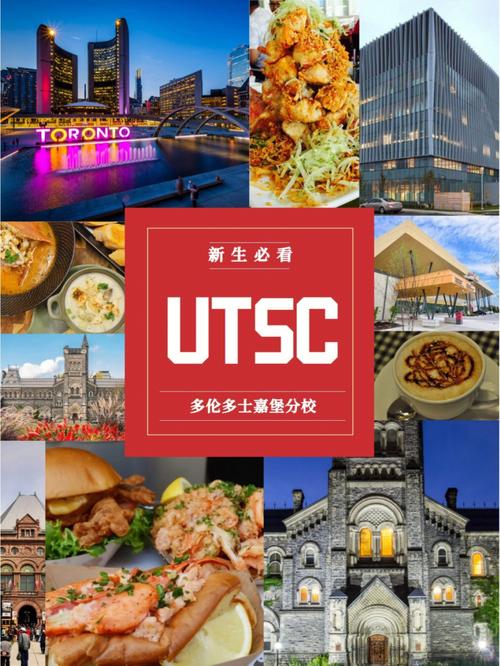出国留学英文
Title: A Comprehensive Guide to Studying Abroad in Universities
Introduction:
Studying abroad can be a lifechanging experience that opens up a world of opportunities. This guide aims to provide valuable information and guidance for students considering studying abroad in universities. From choosing the right destination to preparing for the application process and adjusting to a new culture, this guide covers essential aspects to ensure a successful and enriching experience.
1. Choosing the Destination:
1.1 Researching Potential Countries: Consider factors such as language, culture, climate, educational system, and career prospects.
1.2 Evaluating Universities: Look for institutions that offer highquality education in your desired field, have strong academic support services, and provide opportunities for personal and professional growth.
1.3 Considering Financial Factors: Assess the cost of living, tuition fees, available scholarships, and parttime job opportunities.
2. Preparing for the Application Process:
2.1 Meeting Academic Requirements: Research the entry requirements for each university and identify any additional exams or certifications needed.
2.2 Understanding English Language Proficiency: Check if you need to take exams like TOEFL or IELTS and prepare accordingly.
2.3 Gathering Required Documents: Ensure you have all necessary documents ready, including academic transcripts, recommendation letters, and a wellcrafted personal statement.
2.4 Seeking Scholarships and Financial Aid: Explore various scholarship opportunities and financial aid options to support your studies.
3. Navigating Visa and Legal Requirements:
3.1 Applying for a Student Visa: Understand the visa application process, including documentation, fees, and interview requirements.
3.2 Complying with Legal Obligations: Learn about the legal responsibilities and restrictions as an international student in your chosen country.
4. Preparing for the Transition:
4.1 Arranging Accommodation: Research and secure suitable housing options, such as university dormitories or private rentals.
4.2 Budgeting and Financial Planning: Create a financial plan that considers tuition fees, living expenses, insurance, and other related costs.
4.3 Packing and Traveling: Make a checklist of essential items to pack and plan your travel logistics in advance.

4.4 Handling Cultural Differences: Familiarize yourself with the local culture, customs, and etiquette to facilitate a smooth transition.
5. Settling into University Life:
5.1 Orientation and Enrollment: Participate in orientation programs offered by your university to get acclimated to campus life.
5.2 Building a Support Network: Engage with the international student community, join student organizations, and seek guidance from academic advisors.
5.3 Academic Adaptation: Understand the university's grading system, academic expectations, and seek assistance from professors or tutoring services if needed.
5.4 Exploring Campus Resources: Utilize various resources, such as libraries, career centers, counseling services, and extracurricular activities, to enhance your university experience.
Conclusion:
Studying abroad offers invaluable opportunities for personal growth, crosscultural understanding, and academic excellence. By following this comprehensive guide, prospective international students can confidently navigate the process of studying abroad, maximizing their chances of success. Remember, the key to a successful study abroad experience lies in thorough preparation, cultural openness, and proactive engagement in university life. Good luck on your incredible journey!






0 条评论